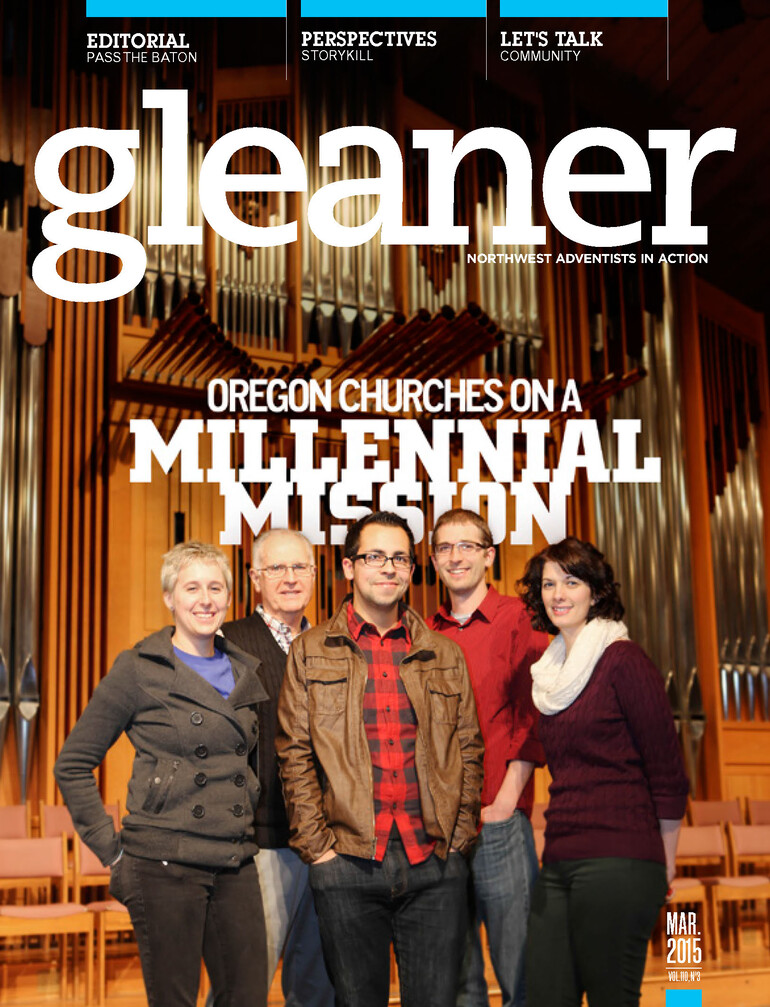The ghosts of dead stories haunt everyone.
I write this after the devastating loss of Super Bowl XLIX. Seattle is reeling from what every major news source calls “the worst play-call in Super Bowl history.”[i] Making it especially painful is the series of unlikely “wins” that brought Seattle to the 1-yard line, with three downs to go and certain Super Bowl victory.
Rallying after an iffy start to the season, winning a playoff game against the Packers in a mixture of the bizarre and epic, and then, in the closing seconds of the fourth quarter of the Super Bowl, making one of the unlikeliest catches of all time (in any sport ever) to bring the Hawks 3 feet from a glorious ending, they … lose?
Instead of handing the ball off — at least once — to our all-star running back, they threw an interception and lost in front of a gajillion people. I was among the gajillion watching that day with incredulous shock. We threw an interception? We lost? How is that possible?
As a Vikings fan, I should be used to this level of disappointment. I remember Gary Anderson missing the field goal that would have defeated the Falcons and sent the Vikes to the Super Bowl in 1999 … their first championship since the 70s. His field goals had been flawless all year, except for that stinker he kicked wide. It haunts everyone 15 years later.
Then there was Minnesota’s fail with Favre against the Saints in 2009. The storybook season, playing using our rival’s former quarterback, collapsed in the playoffs with nonsensical fumbles and interceptions. Again, haunting.
Every team, and every fan of every team, has these stories. Places where their dream team stalls, sputters and lets the ball slip from their hands — creating ghosts that mercilessly haunt them for the rest of their lives. But why care so much? It is, ultimately, just a game, right?
Yes it is — you may need to repeat this to yourself a few times — but, yes, it's just a game.
Only it isn’t.
Something deeper affects us beyond a dead ball — it’s a dead story, and the ghosts of dead stories are difficult to bury. The feeling that “it wasn’t supposed to end like this.” It’s the same feeling you get when a really good film kills your favorite character and the bad guys win, or when the page-turner that consumed your life concludes with 500 loose ends and you can’t find a sequel, or even an epilogue, to bring closure.
It happens in real life too: stories starting with fairytale weddings and ending with nightmare divorces; churches planted with faith, hope and love withering under splits, criticism and hate; children born with bright futures that dim with drug addiction; and passing your final test to get the degree no one respects enough to hire you.
I call it storykill. Similar to buzzkill or killjoy, storykill is the residual feeling that haunts you when choices alter the course of your narrative — propelling you to a haunting, not-so-happily-ever-after that defines your story as a tragedy. It's those public fails our parents, our friends and our exes remind us of. How do we deal with our storykills without bring driven mad with grief?
Most people are familiar with the story of Noah’s ark — but fewer know the sequel, “Noah’s Vineyard.” Most of us have read the account in Genesis 6 of how Noah was the only one “blameless” in his generation, and so God purposed to use him to save humanity. Ark, animals, rain — yeah, you remember.
However, after the whole saving humanity thing, Noah plants a vineyard, drinks himself naked and passes out in full view of his children, resulting in some quality family dysfunction (Gen. 9:18–29). That’s a front-page-worthy scandal for Faith Weekly. That epic fail should define Noah’s leadership for the rest of history — except it doesn’t.
The Bible doesn’t mention much about Noah beyond Genesis — the only time really occurs in Heb. 11:17 and 2 Peter 2:5, where Noah is held up as a shining example for people. What?! How is that possible? Grace.
In Jeremiah God makes a promise to His people: "For I will forgive their iniquity, and I will remember their sin no more" (31:34). While Noah’s public humiliation is recorded, and no doubt remembered by his family, God forgets about it. God’s grace doesn’t define us by our failures.
Jesus is a master storyteller who specializes in casting out the personal demons that torment us, burying the ghosts of the past and resurrecting dead stories — no matter how hard we tried to kill them. He, Himself, came back from what appeared to be a dead story to remind us the grand tale He tells ultimately ends with life (1 Thess. 4:13–18).
Meaning that for followers of Jesus, there is always a “next season.”
[i] Washington Post, NPR, ESPN, The New York Times … well, you get the idea.










